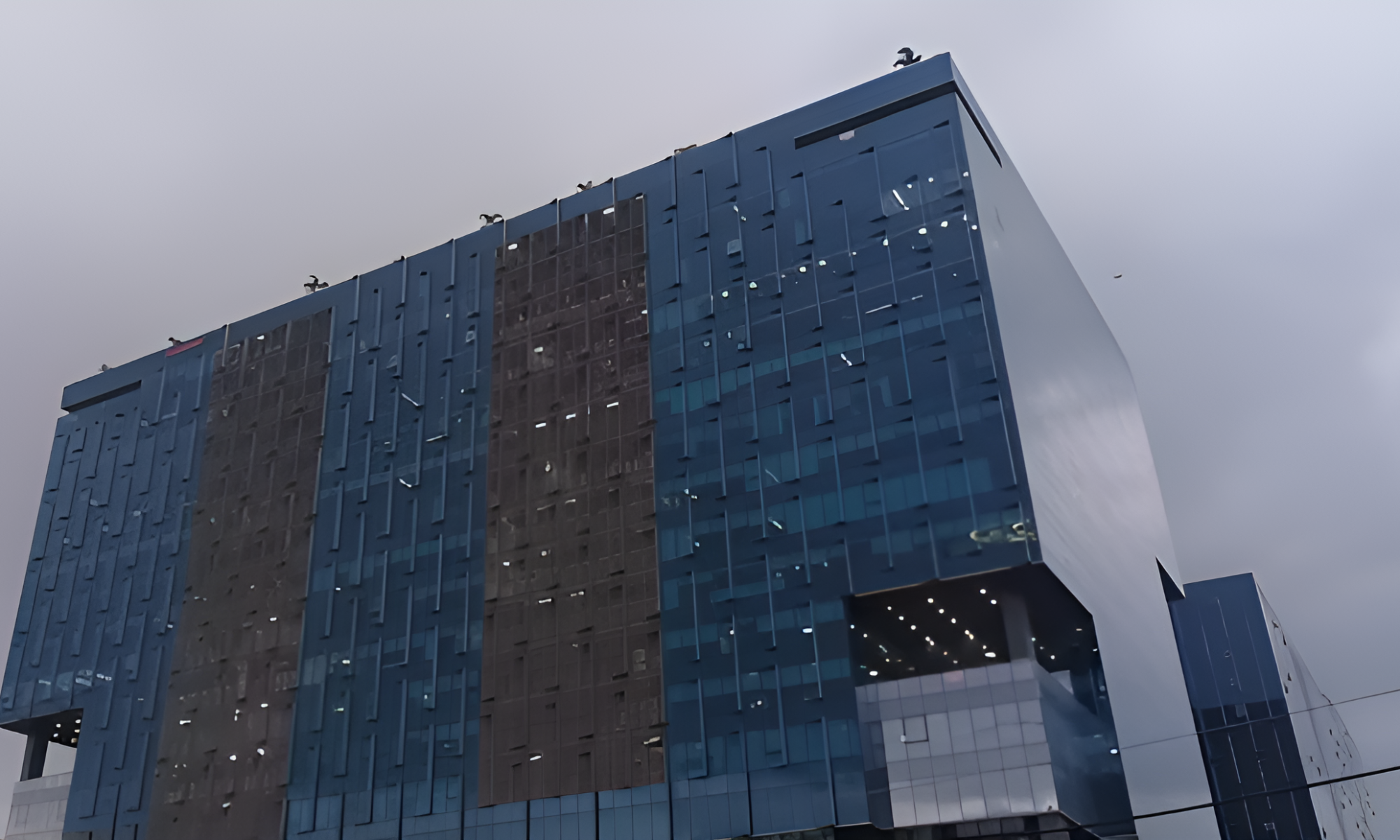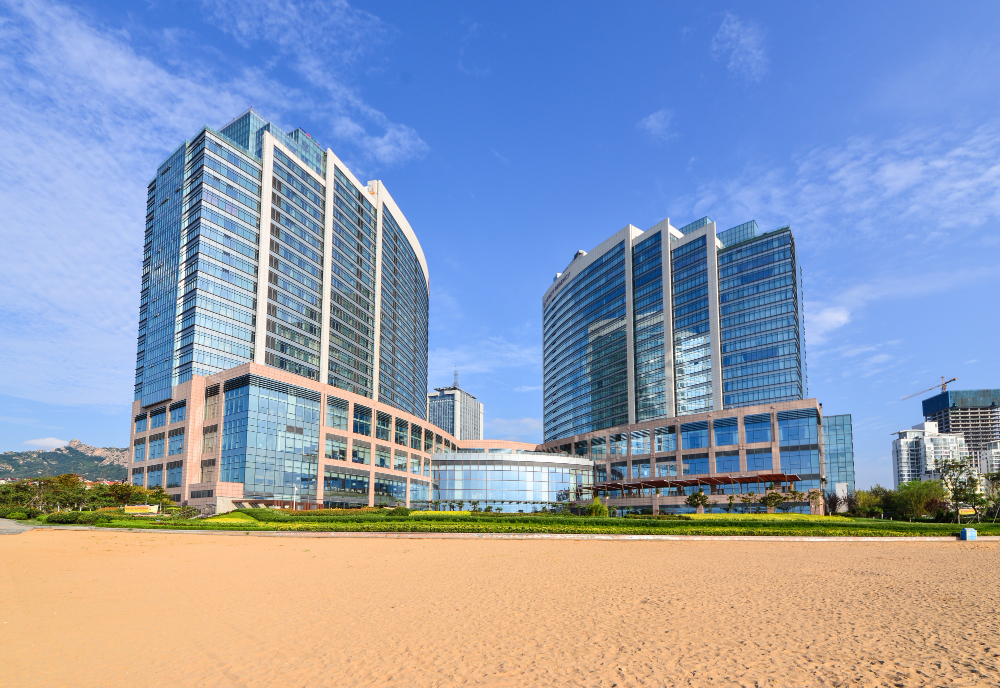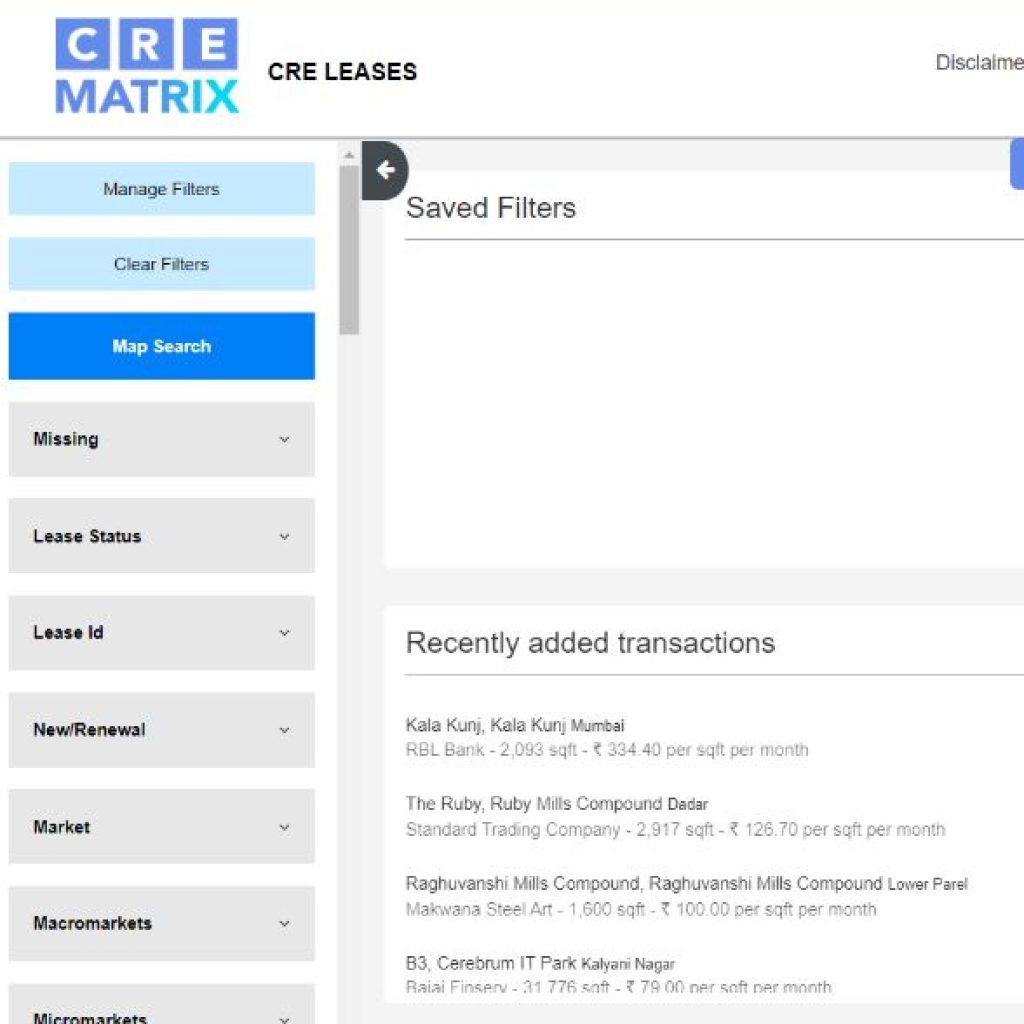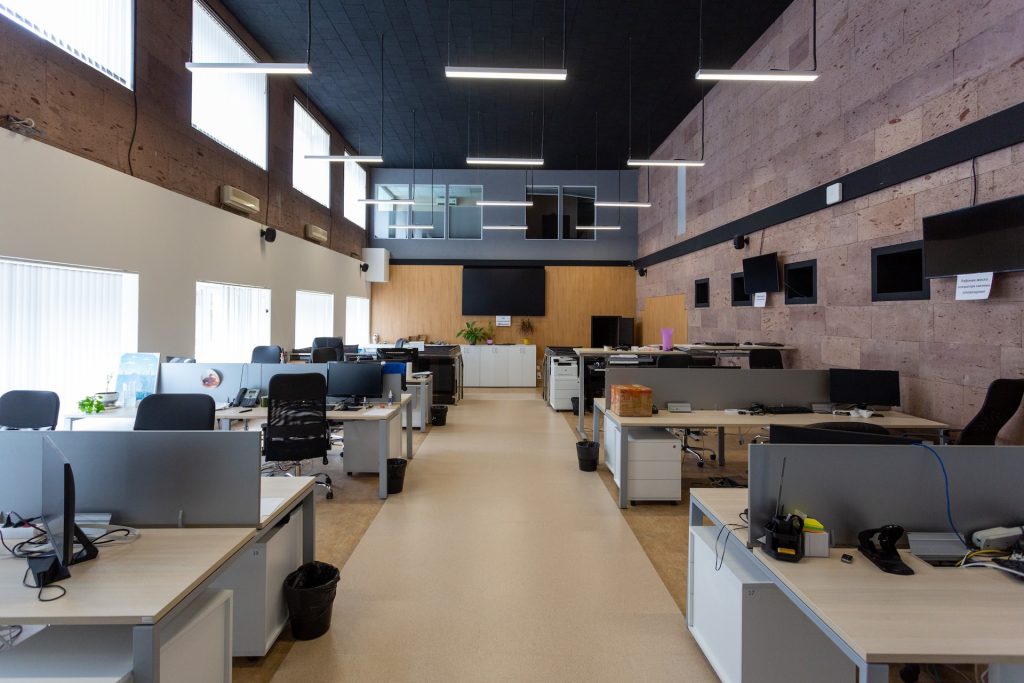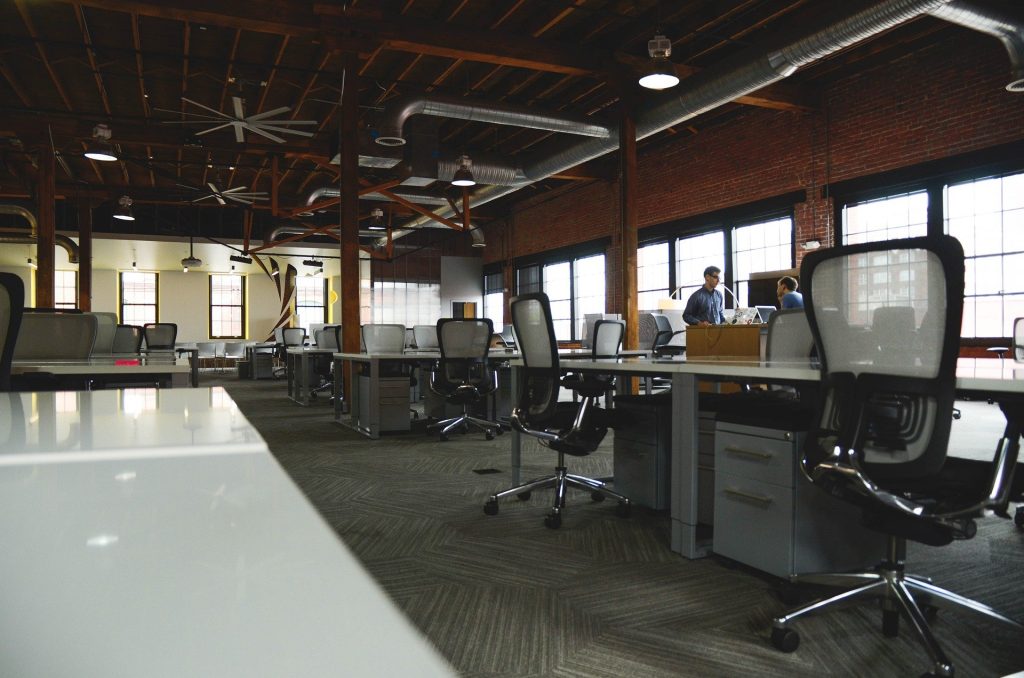US-based CA Technologies Private Limited has renewed its lease for a 1.08 lakh sq ft commercial space in Pune’s Kharadi area, a key IT hub. The lease agreement made with a subsidiary of Panchshil Realty involves an annual rent exceeding ₹12 crore for a five-year term, as per property registration documents obtained by CRE Matrix. This commercial space is situated in the Eon Free Zone, a prominent office hub in Kharadi, and is owned by Eon Kharadi Infrastructure Pvt Ltd. The agreement was registered on November 28, with the tenant providing a security deposit of ₹8.46 crore and a stamp duty of ₹49.57 lakh.
The leased property includes the ground, second, and third floors, totaling 1.08 lakh sq ft. It offers 308 parking spaces, comprising 108 for four-wheelers and 200 for two-wheelers. The current monthly rent is set at ₹98 per sq ft, amounting to ₹1.07 crore, and this rate will remain until November 2025. The rent is scheduled to increase over the lease term, rising to ₹1.12 crore per month in 2025, ₹1.18 crore in 2026, ₹1.24 crore in 2027, and ₹1.30 crore in 2028. Previously, from 2022 to 2024, CA Technologies leased a larger space of over 1.83 lakh sq ft at a monthly rent of ₹2.05 crore.
Kharadi’s commercial real estate market is thriving, with local brokers reporting monthly rental rates of around ₹90 per sq ft for Grade A office spaces. According to Abhishek Kiran Gupta, CEO and co-founder of CRE Matrix and IndexTap.com, this transaction highlights how the office markets are still thriving as start-ups, Indian corporations, and GCC companies continue to grow. Ample human resources, Grade A office buildings, and affordability are the main factors that make Pune a desirable office market. Despite a slowdown in growth, Grade A office rentals are still increasing.
Recent Transactions
Pune’s commercial real estate market continues to witness strong activity, with recent transactions reflecting steady demand. In a recent deal, The Lodha Group purchased a 2.82-acre land plot in Pune’s Hinjewadi for Rs 111 crore. In another transaction, MRF secured the lease of 3.85 lakh sq ft of large warehousing space in the Mawal area of Pune.
Elevate your decisions in real estate as a developer or broker with CRE Matrix‘s data-driven insights. Book a demo now!


